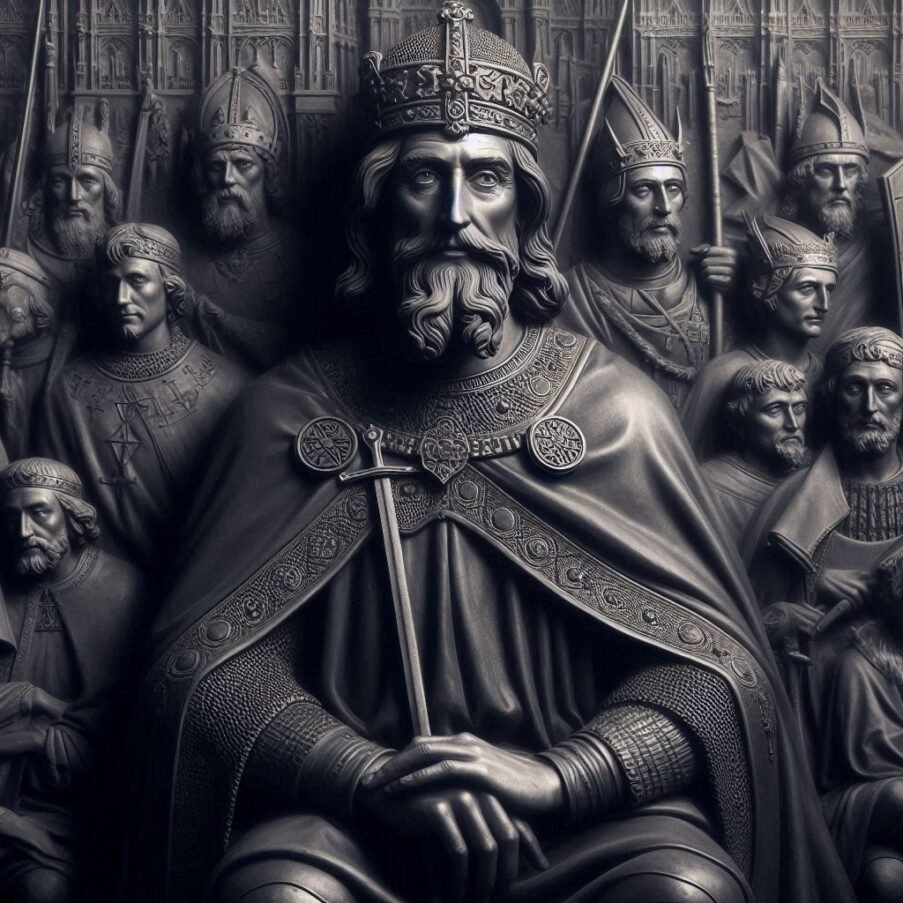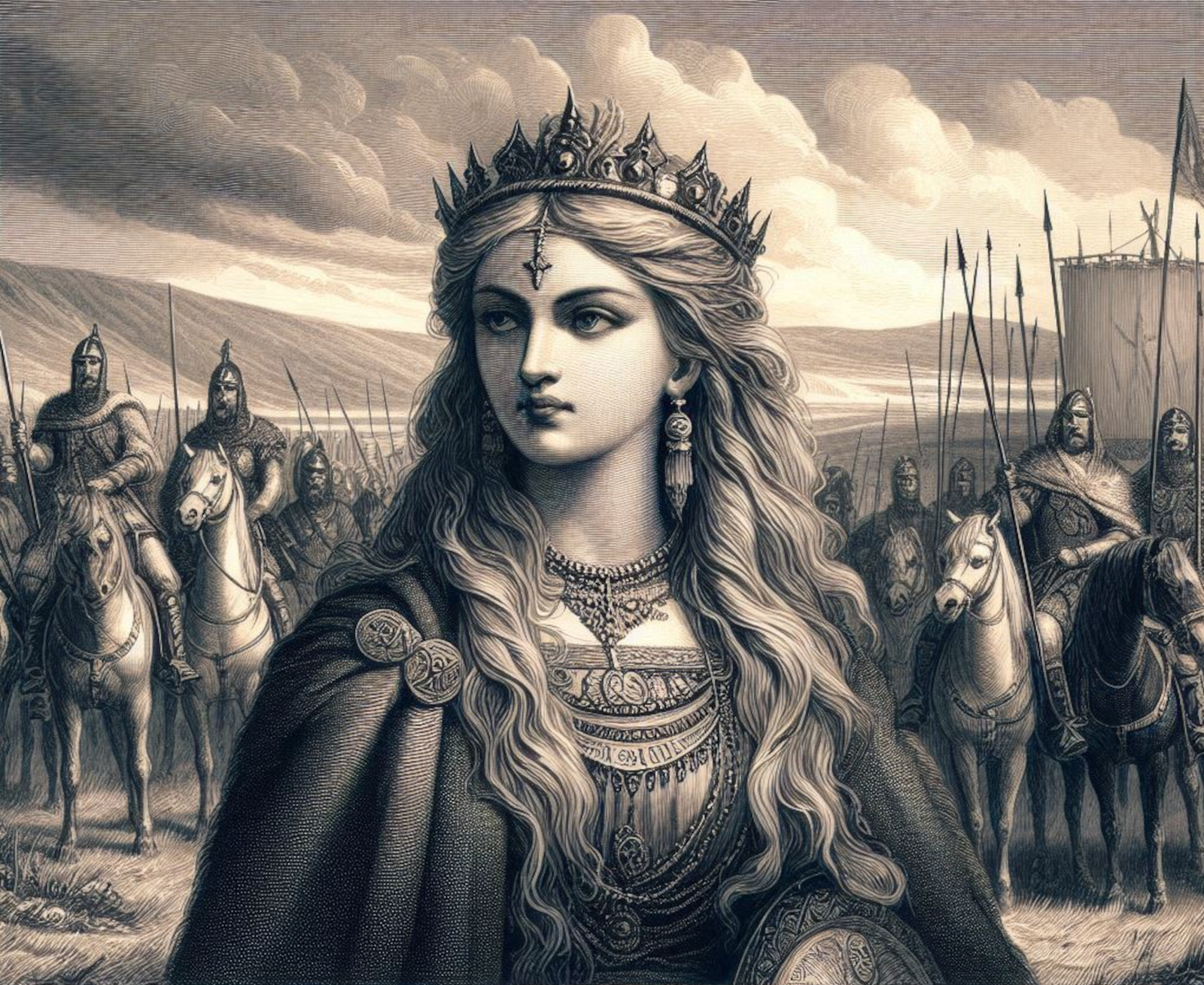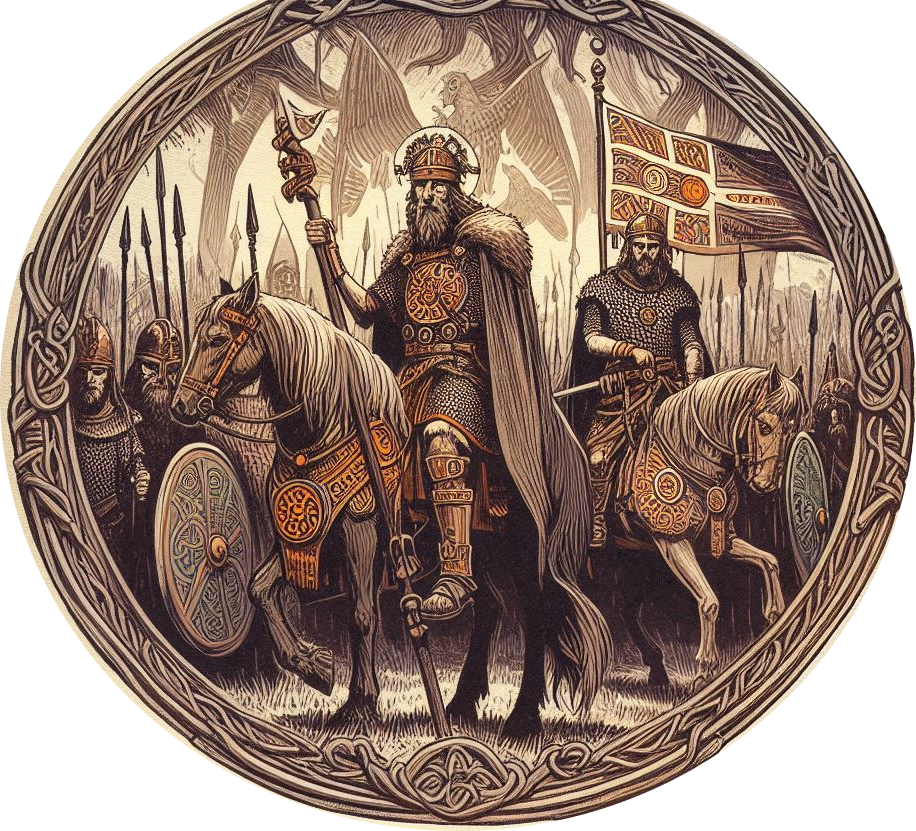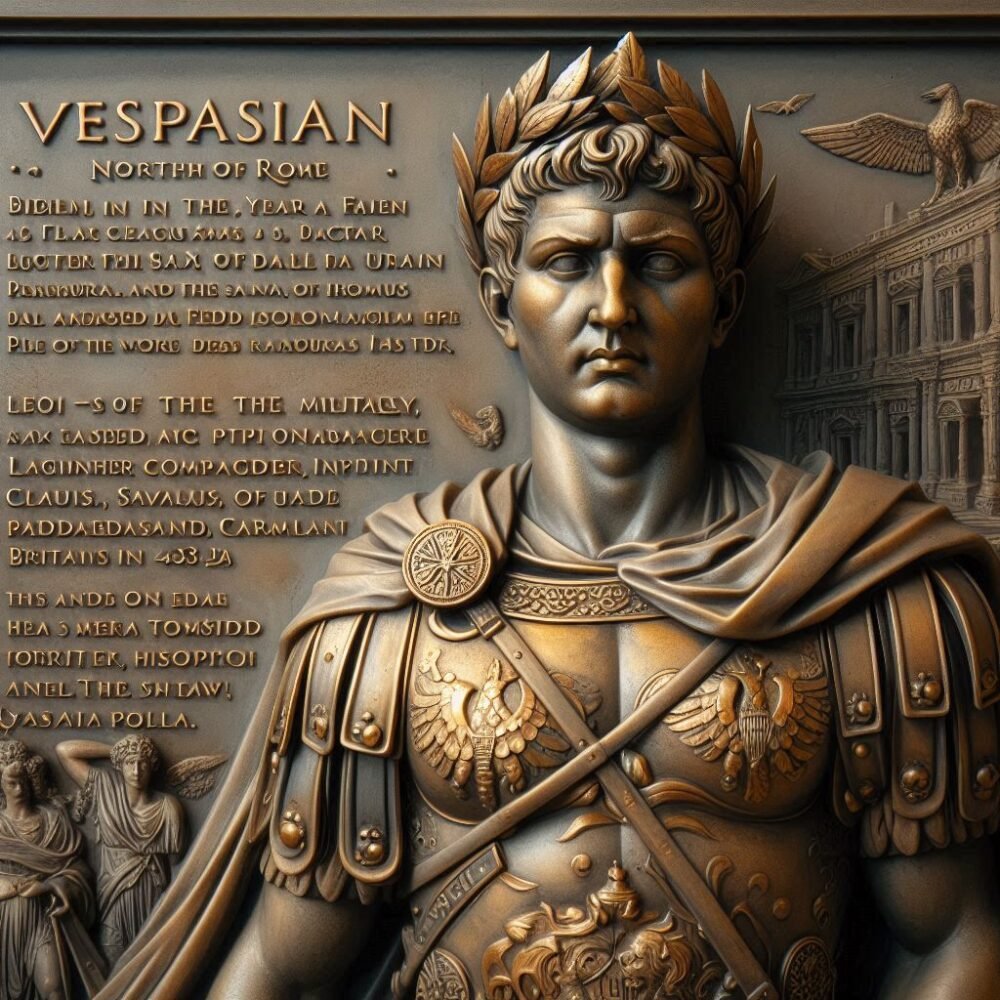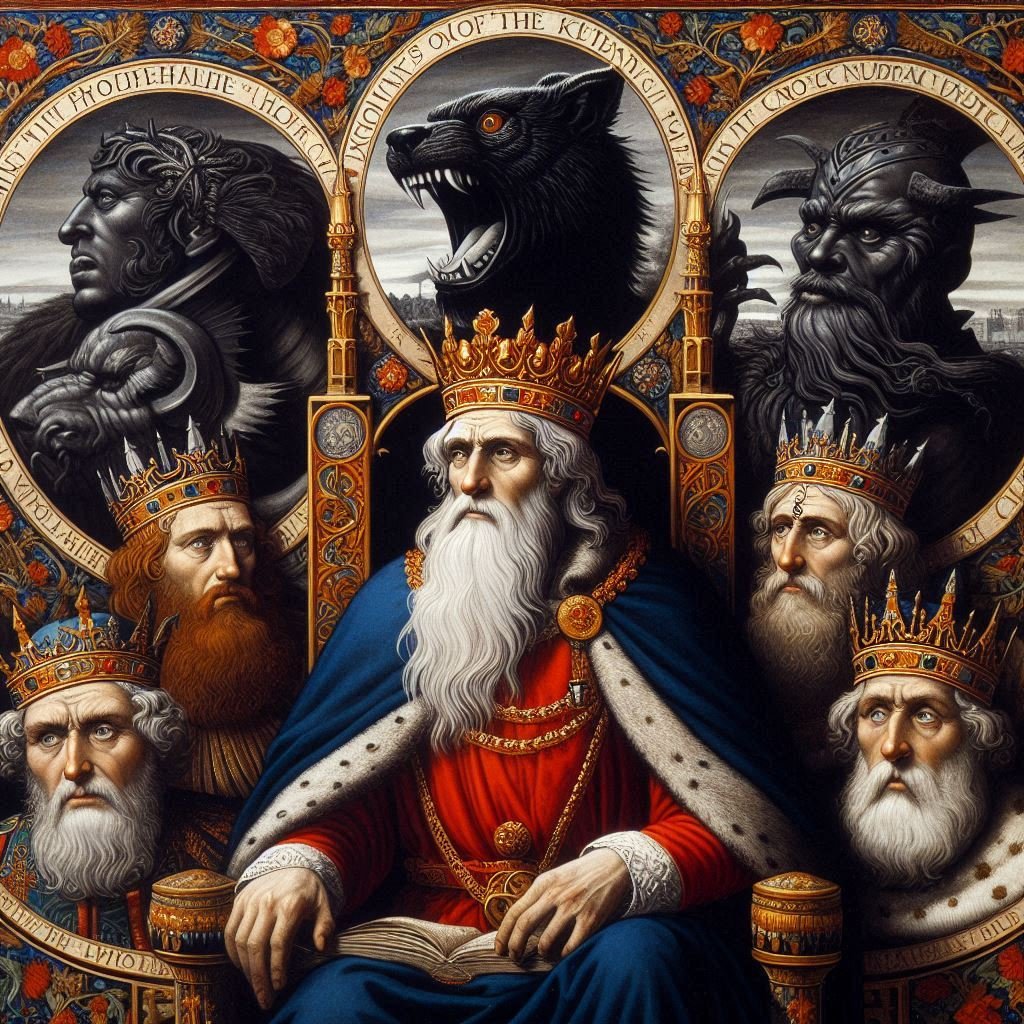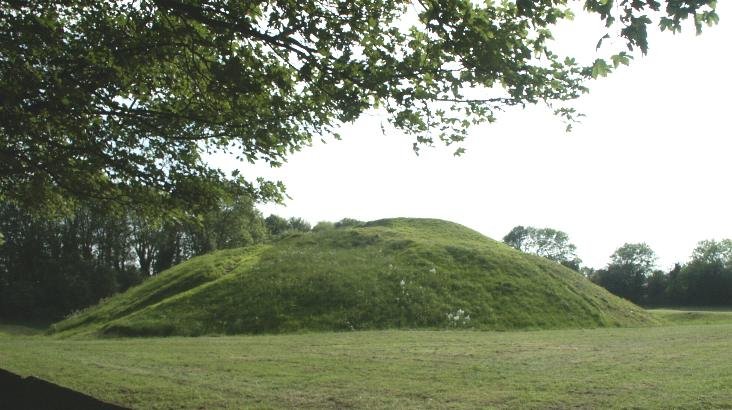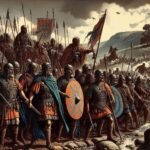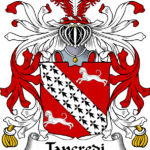William Malet was a notable figure in 11th-century Norman England, holding significant positions within the Norman forces that occupied England after the 1066 conquest. He is recognized for his role at the Battle of Hastings and as the second High Sheriff of Yorkshire. His legacy is multifaceted; he was a companion of William the Conqueror and is one of the few individuals for whom there is evidence of presence at the Battle of Hastings. His contributions to the Norman victory were substantial, as chronicled by William of Poitiers, who noted that Malet was entrusted with the burial of King Harold’s body after the battle. This act alone signifies the level of trust and prominence he held within the Norman ranks.
In addition to his military role, Malet’s influence extended to the administrative sphere. As the High Sheriff of Yorkshire, he was responsible for the defence of the shire and established a timbered castle fortress in York, demonstrating his strategic acumen. His administrative prowess was further evidenced by his grant of the great honour of Eye, where he initiated the urbanization of the area, building a motte and bailey castle and starting a successful market.
Furthermore, Malet’s legacy includes his substantial property holdings both in Normandy and England, particularly in Yorkshire and East Anglia, reflecting the rewards of his service and the trust placed in him by Norman leadership. His properties and the urbanization efforts he led contributed to the shaping of the English landscape during a pivotal time in its history.
He constructed a timbered castle fortress on a motte in York and another across the River Ouse. His significant landholdings in England, particularly in Yorkshire and East Anglia, were a testament to his status and influence during this period. Additionally, historical records suggest that Malet had been Lord of Osgodby between 1066 and his death in 1070.
The Malet family continued to play a role in English history beyond William’s lifetime. Descendants of the Malet lineage were involved in significant historical events, including the signing of the Magna Carta. A later William Malet, living in the 12th and 13th centuries, was a feudal baron and one of the guarantors of the Magna Carta, a document foundational to the development of constitutional governance in England. This William Malet also served as Sheriff of Somerset and Dorset and was involved in the Third Crusade, further intertwining the Malet family with critical moments in English history.
The Malet family’s contributions to English governance, law, and society are a testament to their enduring influence. Their involvement in the establishment of legal and administrative frameworks laid the groundwork for the evolution of English democracy and governance. The legacy of William Malet and his descendants is thus woven into the fabric of English history, marking them as significant figures in the narrative of the nation’s development. Their impact is remembered and studied to this day, highlighting the lasting imprint of their actions across centuries. The Malet family’s legacy is a rich tapestry of military, administrative, and legal achievements that have left an indelible mark on English heritage.

